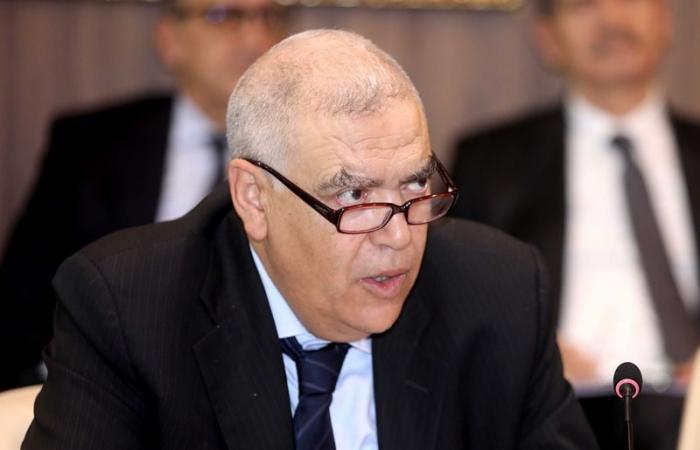After the launch of the Société Régionale Multiservices (SRM) of Casablanca-Settat last October, the other regions of the Kingdom are also preparing to begin their transition towards modernized management of water and electricity distribution services and sanitation. Thus, eight new SRMs will gradually enter service from April 2025, according to a schedule set by the Ministry of the Interior.
The deployment of Regional Multiservice Companies (SRM) continues in the different regions of the Kingdom. Initiated by the commissioning of the Casablanca-Settat SRM last October, this structuring reform aims to modernize and regionalize the management of water, electricity and sanitation distribution services. In this context, eight new regions are preparing to adopt this model, according to a timetable established by the Ministry of the Interior in a correspondence addressed to the director of the National Office of Electricity and Drinking Water (ONEE) , Tarik Hamane.
A progressive timetable for extending the reform
The new SRMs will come into service gradually, starting with the Rabat-Salé-Kénitra region on April 1, 2025. This implementation marks the end of the delegated management contract provided by Redal in this region.
The three southern regions will follow suit with the entry into service of the Laâyoune-Sakia El Hamra, Dakhla-Oued Eddahab and Guelmim-Oued Noun SRMs on May 1. June 1 will see the arrival of the Tangier-Tetouan-Al Hoceima SRM, which will succeed Amandis, an operator often criticized for its management of this public service in this region. In July, it will be the turn of the Fez-Meknes region to see its SRM operational, followed by the Béni Mellal-Khénifra and Drâa-Tafilalet regions, whose SRMs will enter service on August 1.
-A reform to strengthen the performance of public services
This extension of SRM marks a break with the delegated management model which has dominated for years. The new entities promise a more integrated approach, in line with local needs and national ambitions in terms of improving public services linked to water and electricity distribution and sanitation. The main objectives of these SRMs are to improve the quality of services, ensure more efficient management of resources and guarantee uniform coverage of needs on a regional scale. By centralizing the management of these essential services, Morocco also hopes to attract more investment in infrastructure, through more coherent management and better project planning.
In the long term, the reform aims to strengthen the resilience of infrastructure in the face of climatic and demographic challenges, by integrating sustainable management practices and promoting technological innovation. SRMs are called upon to play a key role in the energy transition and sustainable management of water resources, by aligning local practices with national sustainable development objectives.






